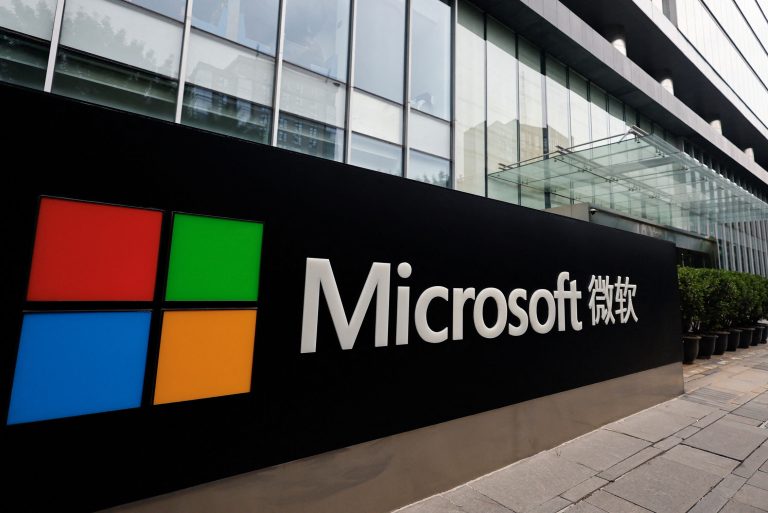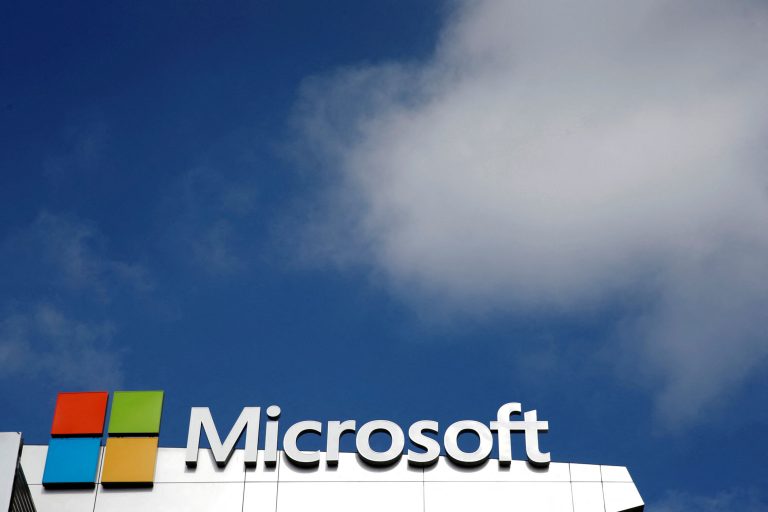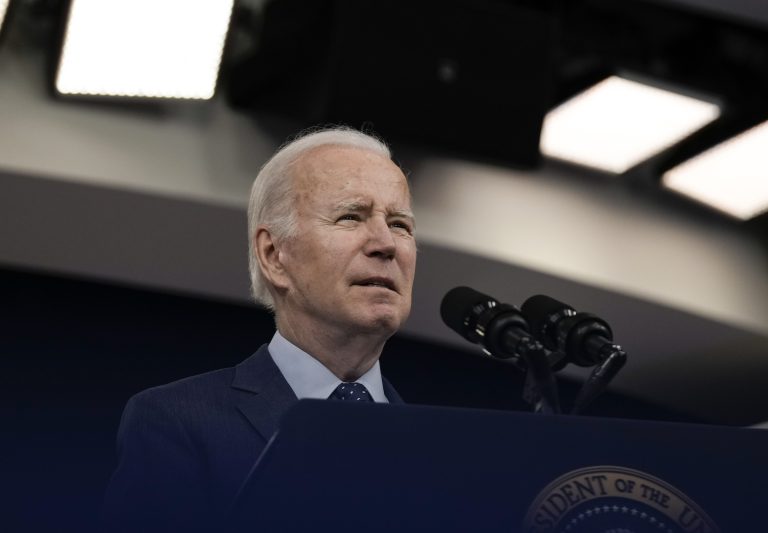In the latest chapter of ongoing tensions between TikTok and the U.S. government, the wildly popular social media platform has filed a lawsuit against the latter. The legal action comes in response to a new law mandating the app’s divestment from its Chinese parent company, ByteDance, or face an outright ban in the U.S.
The roots of the lawsuit stem from a bill signed by U.S. President Joe Biden, which commands TikTok to sever its ties with ByteDance by January 2025, unless an extension of three months is granted to finalize a sale.
This legislation, passed with bipartisan support, is aimed not at banning TikTok but at preventing potential access by the Chinese Communist Party (CCP) to American user data and influencing U.S. citizens via the app’s algorithms.
RELATED: Biden Signs Law Granting Massive $95 Billion Foreign Aid Package, Passes TikTok Bill
The genesis of the legal challenge
TikTok’s lawsuit, filed in a federal appeals court in Washington, D.C., argues that the law infringes on the First Amendment rights of the company and its users. TikTok contends that this is the first instance where Congress has enacted a law that could lead to a permanent, nationwide ban on a specific speech platform, thereby restricting Americans from accessing a global online community that includes over a billion users.
Success
You are now signed up for our newsletter
Success
Check your email to complete sign up
“For the first time in history, Congress has enacted a law that subjects a single, named speech platform to a permanent, nationwide ban, and bars every American from participating in a unique online community with more than one billion people worldwide,” the company said in its petition to the United States Court of Appeals for the District of Columbia Circuit.
“There is no question: The act will force a shutdown of TikTok by Jan. 19, 2025,” it added.
The crux of TikTok’s argument lies in the balance between safeguarding free speech and addressing national security risks. Alex Urbelis, a legal expert who previously represented TikTok employees, highlighted that the judiciary often defers to Congress and the executive on national security matters. However, he points out that the fundamental legal battle will come down to the principles of free speech and national security needs.
“National security concerns are always very difficult to litigate in a lot of ways because the courts will very often defer to congressional findings and the president’s powers to conduct foreign affairs when it comes to national security issues,” Urbelis told The Epoch Times.
He added, “So you have a lot of inherent expertise in Congress and power from the executive that the judiciary does not very often see as its job to disturb.”
International and financial implications
Congress based its decision on classified intelligence briefings, with supporters like Sen. Mark Warner (D-VA) and Rep. John Moolenaar (R-MI) emphasizing the “grave risks” posed by TikTok’s potential ties to the CCP. Warner argues that the legislation does not seek to ban TikTok but to address concerns over its foreign ownership, which could make core communication infrastructure vulnerable to foreign manipulation.
“TikTok’s legal challenge is no surprise. As I think the DC Circuit will see, however, the law does not amount to a ban of the service, but rather an effort to address its foreign ownership — rooted in decades-long national security interest in ensuring that core communications infrastructure is not vulnerable to foreign manipulation.” Mr. Warner told The Epoch Times in an emailed statement.
From an international perspective, this legal battle also underscores the ongoing geopolitical tensions between the U.S. and China, particularly in the realm of technology and data security. The U.S. government’s actions reflect a broader strategy to mitigate risks associated with Chinese technology companies amid escalating concerns about data privacy and national security.
RELATED: TikTok Surges in Vietnam Despite Increased Regulatory Pressures
Financially, the forced divestiture could lead to a significant financial transaction, as Sen. Brian Schatz pointed out, suggesting that ByteDance could receive a “gobsmacking amount of money” should it decide to sell TikTok. However, ByteDance has publicly stated its intention not to sell the platform, setting the stage for a protracted legal and political standoff.
The broader impact on tech privacy
This lawsuit also highlights the growing scrutiny over how tech companies manage user data and the influence of foreign ownership on American tech platforms. It raises critical questions about the extent to which the government should intervene in the tech sector and the implications of such interventions for global technology governance.
As the legal proceedings unfold, the case will likely become a landmark in the discourse on technology, free speech, and national security. The outcome could set precedents for how the U.S. and other governments approach the regulation of technology companies, especially those with significant foreign ties.
Moreover, it will influence the strategic decisions of other tech firms operating at the intersection of U.S.-China relations.
“Congress and the Executive Branch have concluded, based on both publicly available and classified information, that TikTok poses a grave risk to national security and the American people,” said. Mr. Moolenaar (R-Mich.), chairman of the House Select Committee on China.
He added, “It is telling that TikTok would rather spend its time, money, and effort fighting in court than solving the problem by breaking up with the CCP. I’m confident that our legislation will be upheld.”








